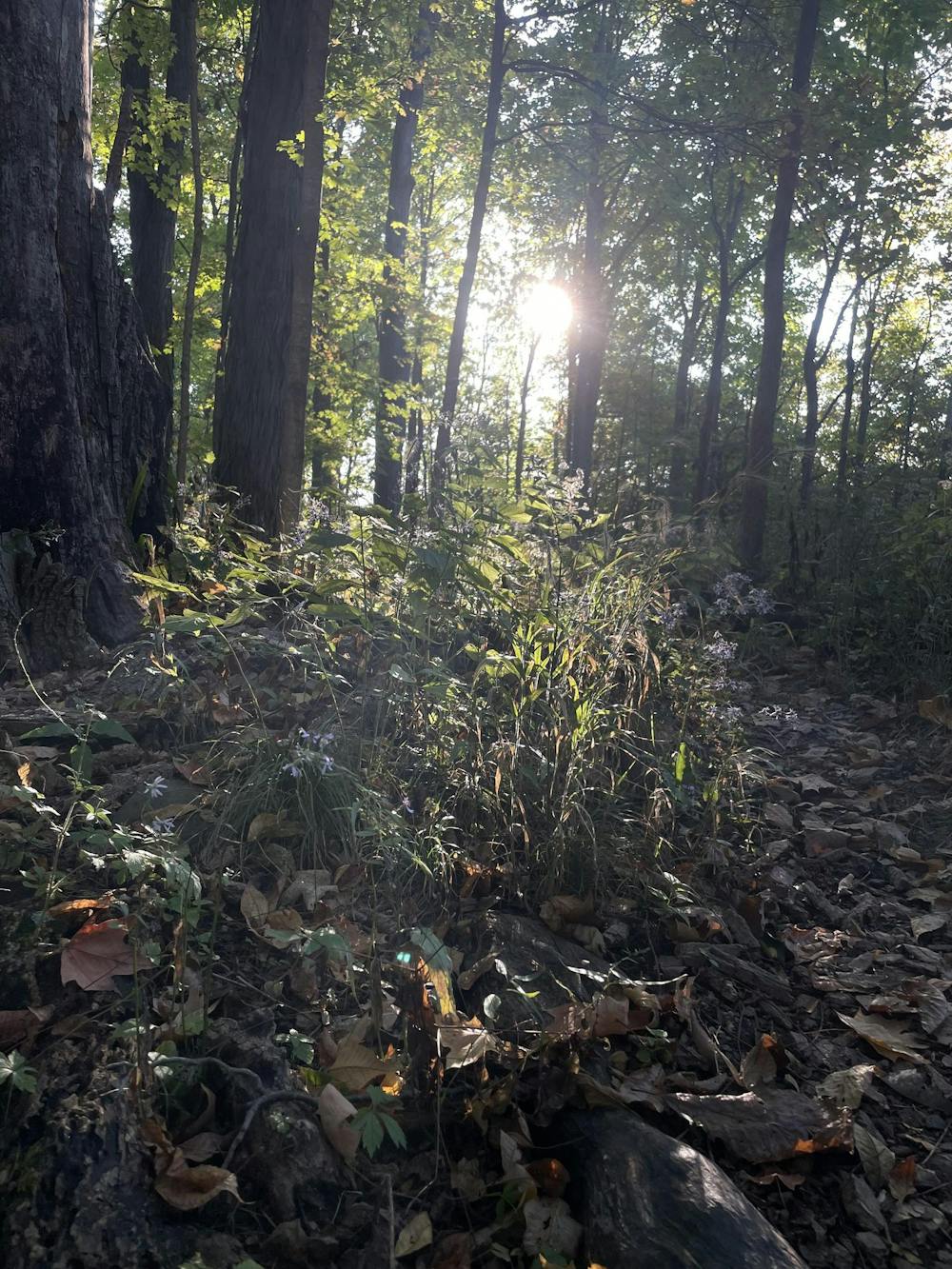In today’s political sphere, one of the most hotly debated topics is the place of environmentalism within our society. Like anything else, Christians should look to their faith as the foundation of their answers. In this case, I believe that God's answer is not only evident in the Bible, but also in the systems that he has made.
As Christians, we should incorporate our divine calling to steward the Earth into the foundations of our faith and use it as an outlet to care, not only for our fellow human beings, but also for all the life with which God has entrusted us.
When we look to the Bible, we find our commission for caring for God’s creation in one of his first commands to us. Genesis 2:15 states, “The Lord God took the man and put him in the Garden of Eden to work it and take care of it.”
Just like Adam, our role is to work and take care of the world that God has given us. It is key to understand our relationship with the world as a gift that God has given us; it is something that we should use – not abuse.
This is the meaning of stewardship: to manage and take care of another’s property. Throughout the Bible, we can see further evidence of the value that God places on his good creation.
One interesting perspective was brought to me by The Rev. Jeremy Summers, a member of the Evangelical Environmental Network. He referenced Deuteronomy 22:6.
“If you come across a bird’s nest beside the road, either in a tree or on the ground, and the mother is sitting on the young or on the eggs, do not take the mother with the young. You may take the young, but be sure to let the mother go, so that it may go well with you and you may have a long life.”
This seemingly obscure verse demonstrates God’s emphasis on sustainability in our daily lives.
By taking more than what we need and not trusting in his provision, we not only hurt our own future sources of food, but also the ecosystems that God has intended for us to live in equilibrium with.
“We are moving the system out of its design point,” Peter Staritz, Taylor University associate professor of physics and engineering, said. “God has designed the system to maintain equilibrium, and our actions move it outside of that equilibrium.”
Our sin and greed destabilizes the systems that God has put into place, causing harm not only to the natural world, but also to our own future. In response to this calling, we must take action.
Luckily, there is an easy place to start: We can love what God loves.
As Summers said, “If we care about the things that God cares about, then have we cared for what he has created?”
By asking ourselves if we are loving what God loves with our actions, we can see where we might be moving astray from his values. Do we love our possessions and our comforts, or do we choose to love things with heavenly value – the creation that God has declared good?
I recommend applying this simple principle to your faith when you consider your stance on sustainability. With practice, it becomes much easier to make decisions that align with God’s intended plan for us as stewards, and it will bring you much closer to God.
“As you apply God’s word to more and more aspects of your life, you fall more and more in love with the character of God,” Phil Grabowski, associate professor of sustainable development, said.
With time, I hope that the population of Taylor can recognize the ever-growing importance of achieving a right relationship with the environment in a world full of sin.
If you have any questions or would like to be more involved with sustainability at Taylor, feel free to email me at joshua_groeling@taylor.edu, or feel free to attend our Stewards of Creation club here on campus.




